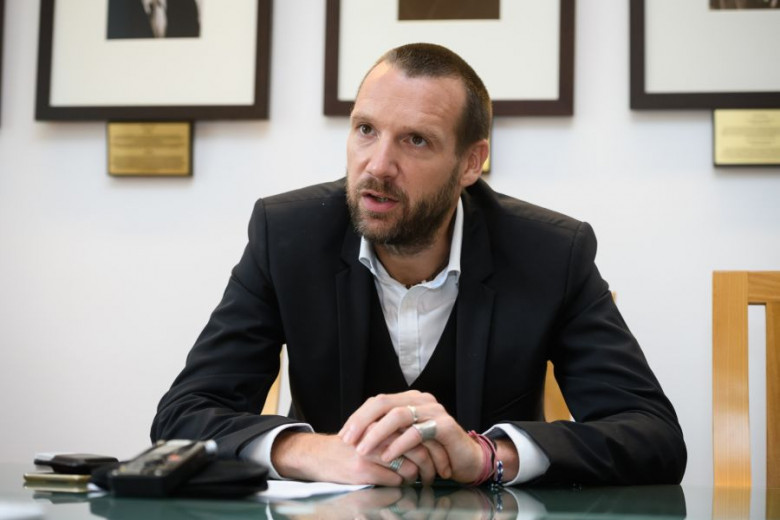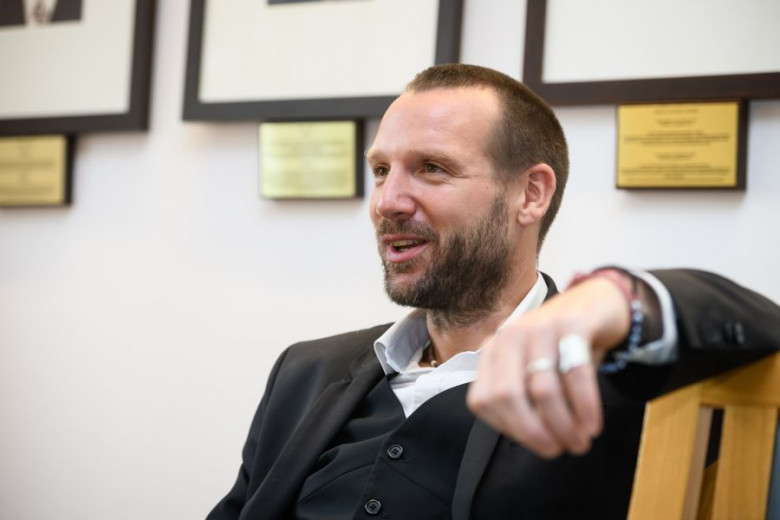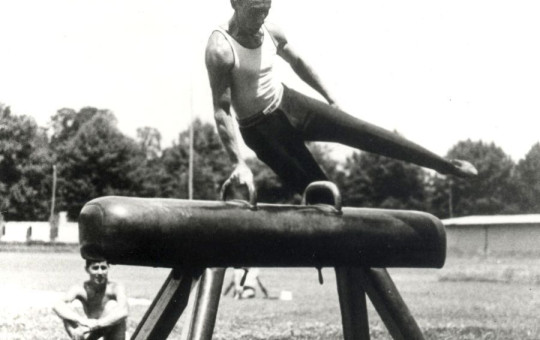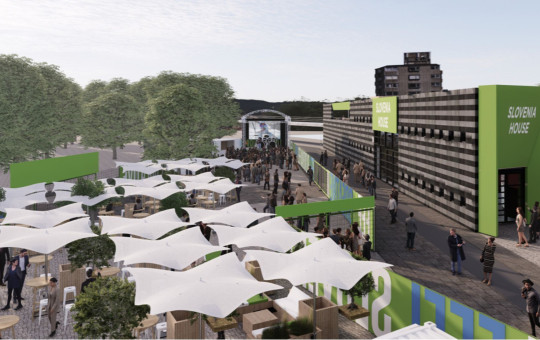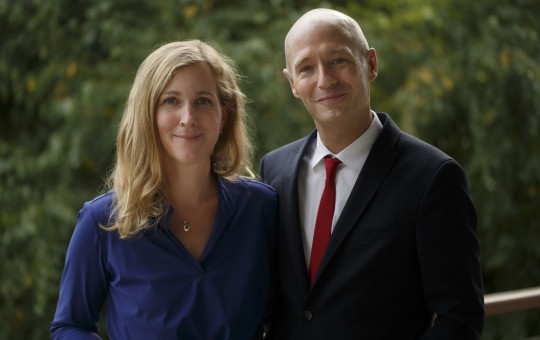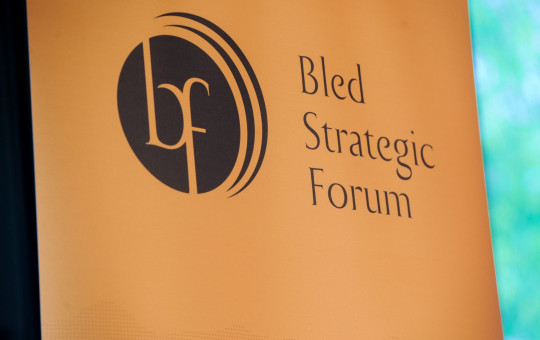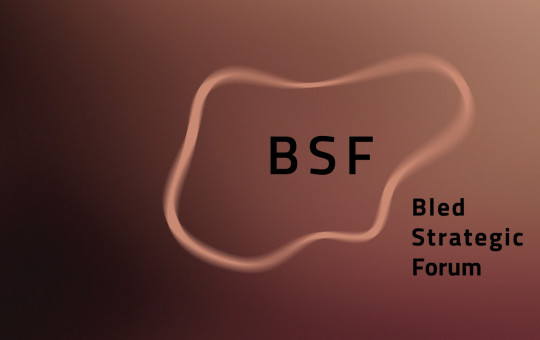The 15th Bled Strategic Forum (BSF) will be very different from previous iterations of Slovenia's flagship foreign policy event. Restrictions will be in place to help prevent the spread of the coronavirus and some panels will be held online. But Peter Grk, the BSF secretary general, notes that the line-up will nevertheless be "exceptional".
"We're trying to show that, in these altered circumstances, it is possible to organise an event such as the BSF," Grk told the STA, noting that flexibility was one of the hallmarks of the BSF, "as is the quest for innovative answers and solutions to this constant changeability of the world."
There will be fewer guests in Bled than in years past, the forum will be a one-day event and there will be no youth
Exceptional participation
"But participation will be exceptional, especially considering the fact that we are living in a time when travel and meetings are fairly restricted," Grk says in view of the confirmed attendance of the Prime Ministers of Croatia, the Czech Republic, Hungary and Poland, and the President of Serbia. Half a dozen foreign ministers have been confirmed as well.
The forum will focus on the aftermath of the pandemic and the future of the EU. "The pandemic has laid bare certain cracks, an inability of the current multilateral system to respond to such crises in an effective way. In this light, regional and neighbourly cooperation has been strengthened."
The EU's future and regional cooperation
A significant segment of the debates, the leaders' panel in particular, will revolve around the future of the EU.
"Now is the key moment when the EU must address the fundamental issues of its development: where we are going, who we are, what the key principles underlying the EU are," according to Grk.
Other debates will be about cybersecurity, digitalisation and European security, the latter focusing on both the development of European defence capabilities and EU-NATO cooperation, and relations with Russia, China and other global players.
The Western Balkans panel, which typically closes the event, will not be held this year due to the epidemiological situation in the region.
The region will be among the priorities of Slovenia's presidency of the EU in 2021, which is why there will be a separate debate with Miroslav Lajček, the EU's special representative for the Western Balkans.
The first in Europe to organise such a forum
Overall, the event will comply with all epidemiological rules and recommendations. Masks will be mandatory indoors; participants will be asked to maintain physical distance and disinfect their hands.
All guests and their delegations from high-risk countries will have to present negative coronavirus test results; those coming from outside the EU will be tested in Slovenia.
"I think we're the first ones in Europe to try and organise such a forum and show that it can be done," Grk said.
All panels will be livestreamed, and two will be digital-only. Guests will thus have the chance to follow the debates in-person, participate online by registering (this will allow them to ask questions), or simply view the livestreams.
As in previous years, the BSF will remain a venue for bilateral meetings. "This is one of the aims of the BSF – to bring people together for conversation. Despite the epidemic, we are thus making sure networking happens," said Grk.
Date: 28. August 2020
Time to read: 2 min

